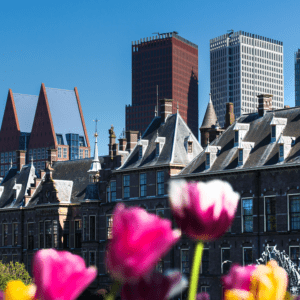 Loyalty programs have been a tenet of the travel industry for more than four decades. But according to a recent Phocuswright study, (Dis)Loyalty and the European Leisure Traveler, today’s travelers are fueled by a culture of instant gratification – creating more reasons to be disloyal than ever before.
Loyalty programs have been a tenet of the travel industry for more than four decades. But according to a recent Phocuswright study, (Dis)Loyalty and the European Leisure Traveler, today’s travelers are fueled by a culture of instant gratification – creating more reasons to be disloyal than ever before.
Key findings include:
- Europeans are less likely to participate in travel loyalty programs than travelers in markets such as the U.S., where dominance of branded hotel chains helps to boost overall adoption.
- In Europe, airline loyalty programs lead hotels and online travel agencies (OTAs) – the relative newcomers to the loyalty game – by a wide margin.
- Loyalty members – and especially elites (loyalty members who achieve the highest status in the program and consistently enjoy program benefits) – often join multiple loyalty programs.
“Loyalty membership definitely does not equal exclusive loyalty to a travel brand,” says Phocuswright’s senior research analyst, Cathy Schetzina Walsh. “Elite loyalty members often participate in multiple airline and hotel programs, and they aren’t afraid to shop around in search of the best deal. But loyalty members do tend to travel and spend more than non-members, and those who have accrued the highest status are significantly more likely to book via their preferred brands.”
Phocuswright’s (Dis)loyalty and the European Leisure Traveler assesses European participation levels and impacts for airline, hotel and OTA loyalty programs. The report explores the relationship between loyalty program membership and brand loyalty, providing a detailed profile of the behaviors and attitudes of loyalty participants at all status levels, with particular attention to high-value elite loyalty members.














